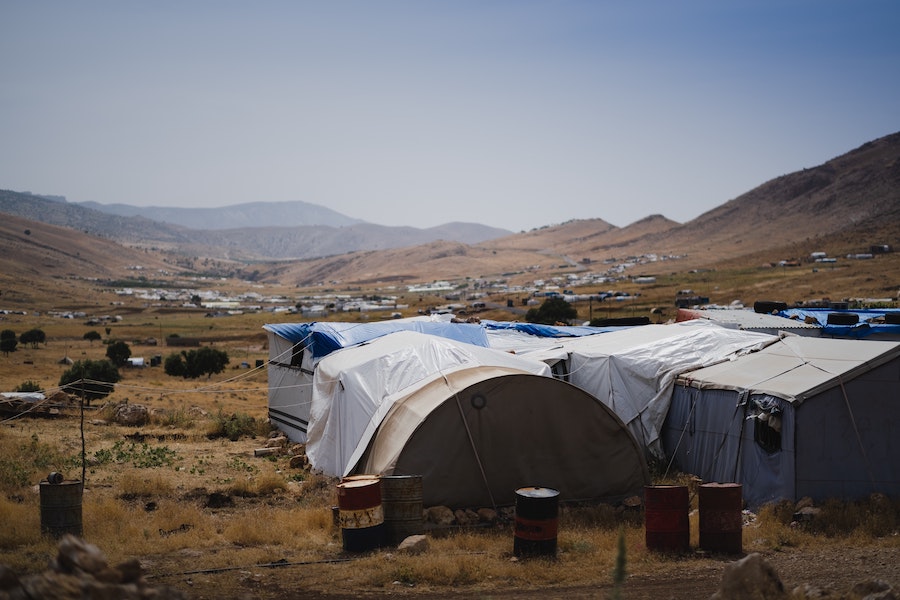Documents Suggest Canada Will More Easily Accept Refugees Who File an Intersectional Claim
Canada’s federal government is possibly looking at loosening restrictions for those seeking refugee status in Canada, according to the Toronto Sun.
In a recent column for the Toronto Sun, political columnist Lorne Gunther reported that the publication had obtained exclusive access to an internal document that Richard Wex, chairperson and chief executive officer of the Immigration and Refugee Board of Canada, shared with immigration and refugee officials.
The documents reveal that the government would weaken most grounds for denying an asylum seeker refugee status.
More specifically, immigration officers responsible for reviewing refugee claims, along with decision-makers who oversee immigration and refugee-related appeals, will be instructed to more closely consider asylum seekers who have filed an “intersectional” claim.
An intersectional claim means an applicant is citing “race, religion, indigeneity, political beliefs, socioeconomic status, age, sexual orientation, culture, disability, or immigration status,” that “impact an individual’s lived experience of discrimination, marginalization or oppression” as their reasoning for filing a refugee claim in Canada.
This means that refugee claimants would not be required to prove that they meet the United Nations’ definition for “refugee,” nor prove that they are at risk of death or torture should they be returned to their home country.
Adjudicators must also take a ‘Do No Harm’ approach during hearings and demonstrate “compassion, cultural humility, and patience in order to avoid [retraumatizing]” refugee applicants. This includes taking into consideration the fact that physical and/or emotional trauma, often experienced by asylum seekers, can result in memory gaps and difficulty recollecting certain pieces of information. Such trauma was described in the documents as “intense feelings of fear, terror, helplessness, hopelessness, and despair” that are perceived “as a threat to the person’s survival.”
If this occurs, refugee claimants may still be granted refugee status unless an immigration officer or judge has solid evidence that an applicant has falsified details on their application.
While Canada is already considered a world leader when it comes to resettling refugees, these new guidelines are yet another step in the right direction and will make the refugee application process easier for many who have experienced trauma.
Share this article
Arghavan Gerami
Arghavan Gerami is the Founder and Senior Counsel at Gerami Law Professional Corporation ('PC'), a full-service immigration law firm in Ottawa, Ontario. Since 2011, Ms. Gerami has focused her practice on immigration and refugee litigation. Prior to that, Ms. Gerami worked at the Ministry of Attorney General and the Department of Justice and had the privilege of serving the Honourable Mr. Justice M. Evans at the Federal Court of Appeal on immigration and administrative law appeals. Ms. Gerami contributes to the Immigration Law Section of the Canadian Bar Association, the Canadian Association of Refugee Lawyers, and the United Nations High Commissioner for Refugees. Ms. Gerami has also published numerous journal articles and presented at various immigration and refugee law conferences and events across Canada.

